Although small, fire ants are one of the worst invasive species to hit Australia’s shores.
Biosecurity Queensland has been working hard to contain the area of infestation and to eliminate this pest, but they need our help. Join the fire ant hunt and check your yard or property before May31st. Let Biosecurity Queensland know that you have done this, whether or not you find anything suspicious.
For more information, see the website www.anthunt.daf.qld.gov.au where you can find information about priority areas to check, how to identify fire ants, and can also upload photos for analysis and follow-up by the experts.
You can also call the Department on 13 25 23, and find forms and further information for reporting fireants at www.daf.qld.gov.au/fireants

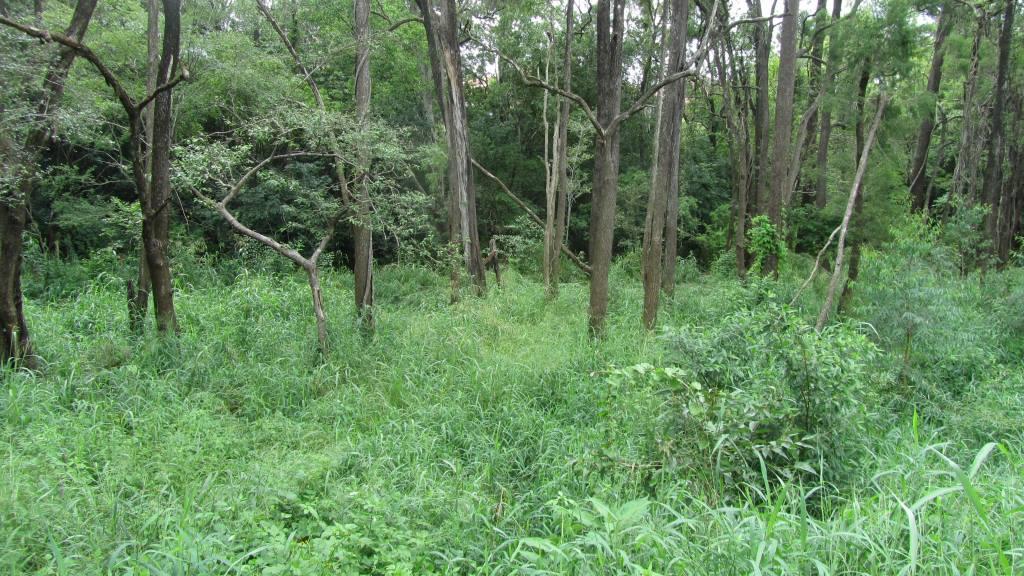
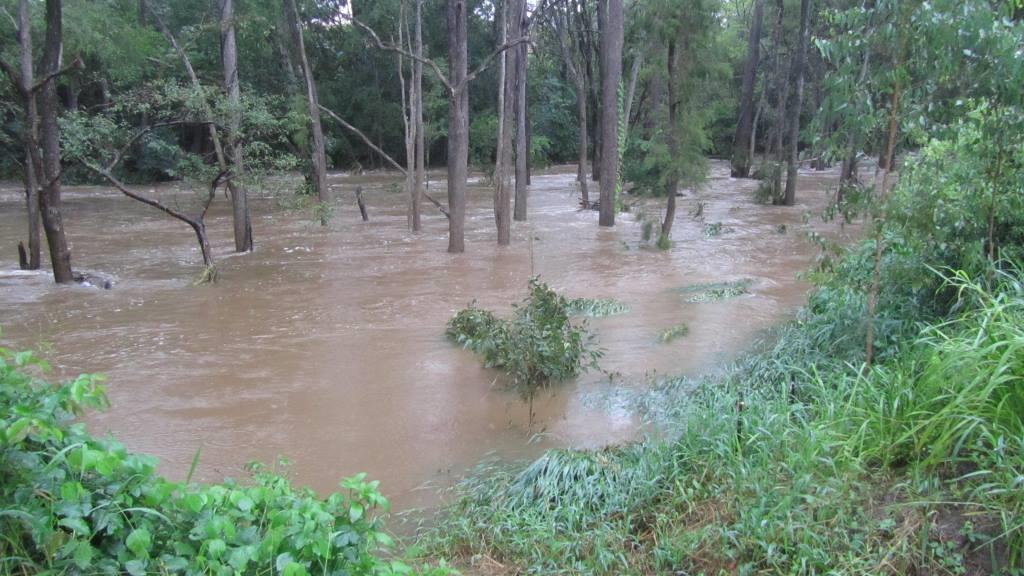
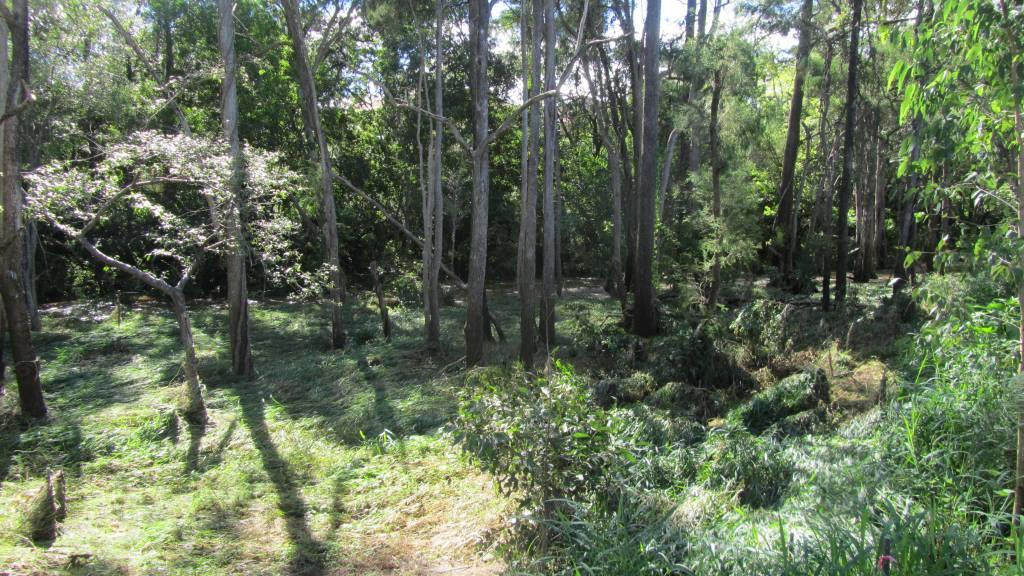


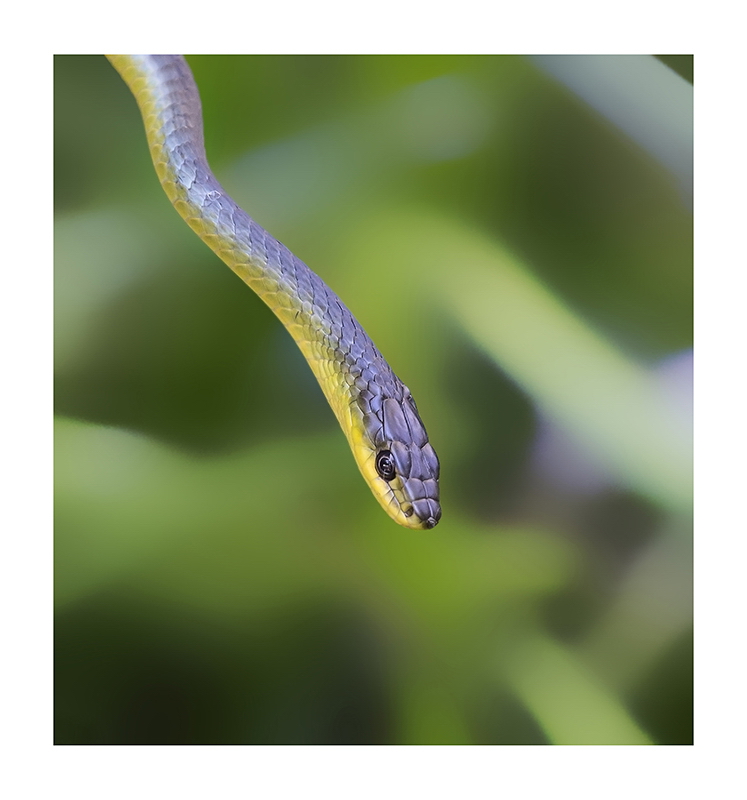
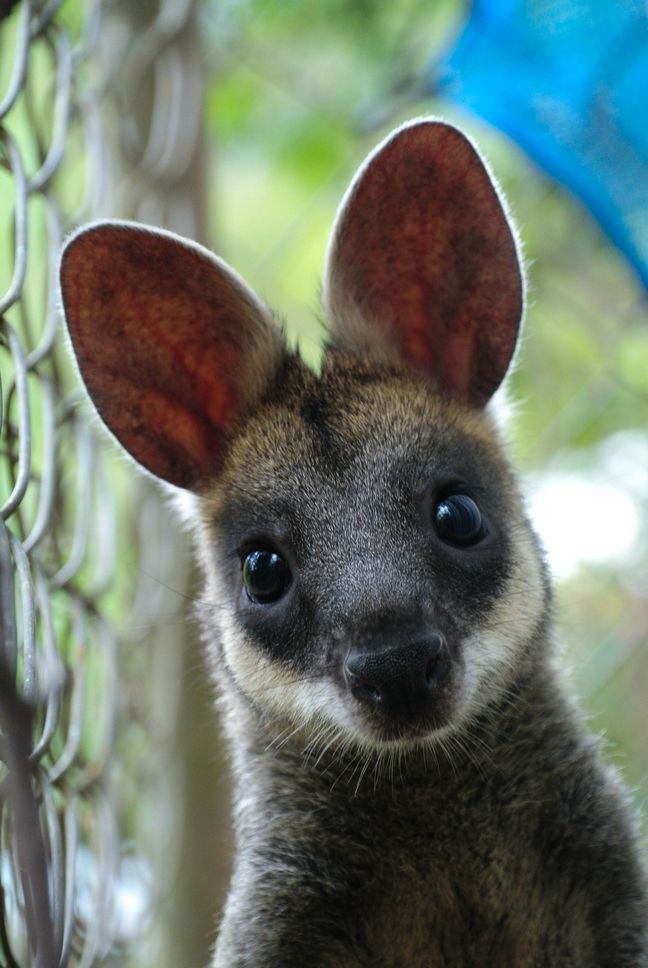
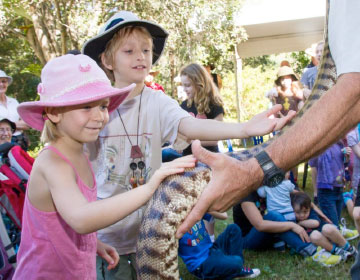 Another successful Kids’ Day at the Cottage was enjoyed by an attendance of around 300. This included equally interested adults who came with enthusiastic youngsters.
Another successful Kids’ Day at the Cottage was enjoyed by an attendance of around 300. This included equally interested adults who came with enthusiastic youngsters. 